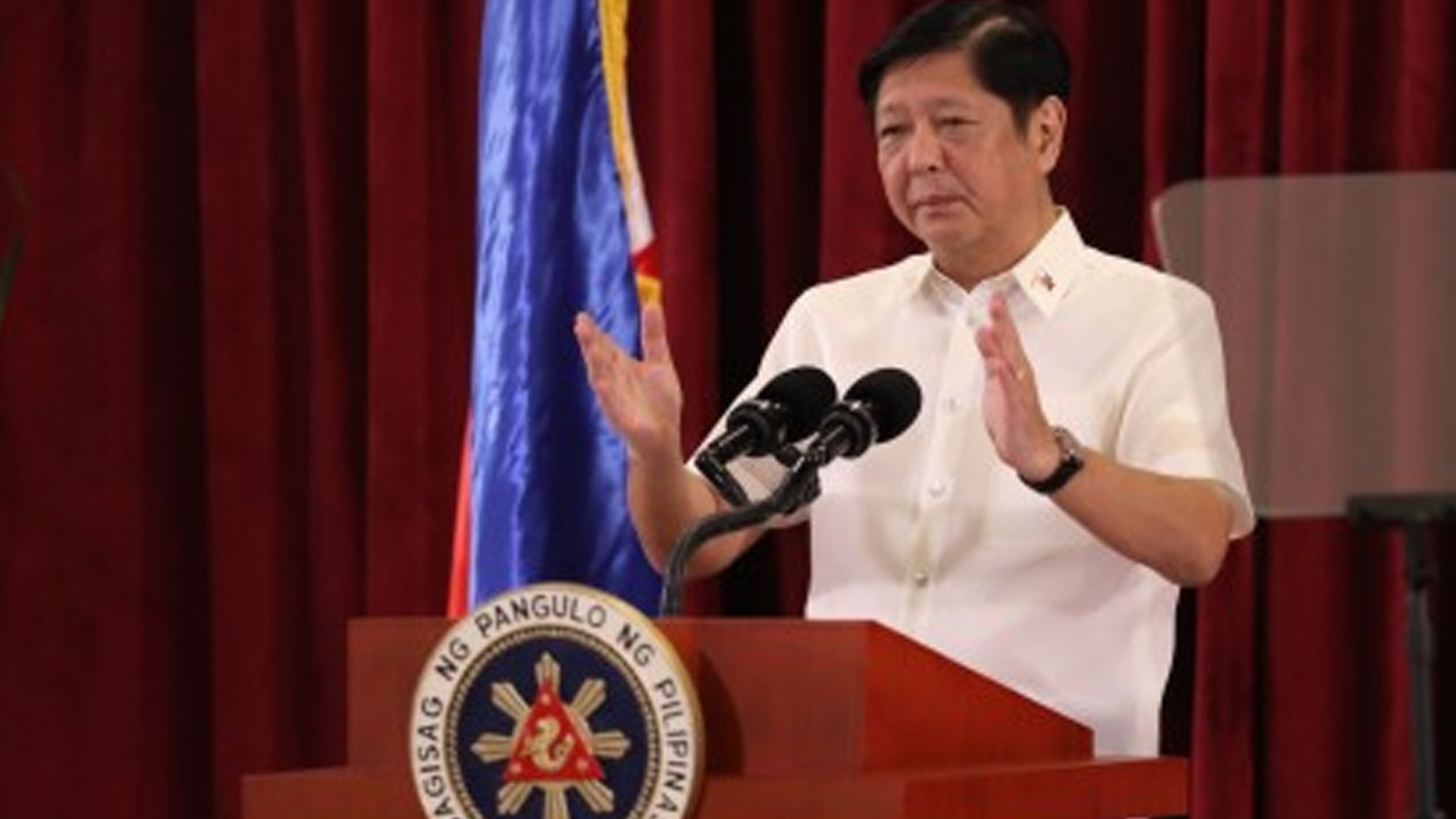President Ferdinand R. Marcos Jr. has given his nod to the 2024 National Expenditure Program (NEP) which will serve as Congress’ basis for the General Appropriations Bill, the Department of Budget and Management (DBM) said Friday.
“The administration’s Agenda for Prosperity shall continue, as President Ferdinand R. Marcos Jr. and his Cabinet recently approved the National Expenditure Program for fiscal year 2024,” the DBM said.
The 2024 NEP was first shown to Marcos on Tuesday morning and presented to the Cabinet in a meeting with Marcos at Malacañan Palace in Manila on Thursday afternoon for “final approval.”
The NEP is the national government’s spending plan for the next fiscal year. Once approved by Congress, it will be known as the General Appropriations Bill.
Once signed into law, the bill will become the General Appropriations Act.
DBM Secretary Amenah Pangandaman said the proposed 2024 budget will be submitted to Congress “a few weeks” after Marcos’ second State of the Nation Address (SONA) on July 24.
Under the Constitution, the NEP must be submitted to Congress within 30 days after the SONA.
The proposed national budget for 2024 is set at PHP5.768 trillion, equivalent to 21.8 percent of the gross domestic product (GDP) and is 9.5 percent higher than this year’s PHP5.268-trillion national budget.
Pangandaman said the 2024 budget plan was crafted to achieve the administration’s goal of attaining the “upper-middle-income” status while bringing down the deficit to 3 percent of GDP and reducing the poverty rate to 9 percent or single digit by 2028.
Pangandaman said the proposed 2024 national budget includes priority expenditures that will help attain “inclusive and sustainable” economic growth, consistent with the administration’s Philippine Development Plan (PDP) 2023-2028 and eight-point socioeconomic agenda.
“Amidst the challenges the country has faced, we believe that by being consistent in our priorities and spending within our means on the right priorities with measurable results, we can build a truly inclusive and sustainable economy that would benefit not only the Filipinos of today, but the generations to come,” Pangandaman said.
“It shall continue to reflect our commitment to pursue economic and social transformation to address the scarring effects of the pandemic, as well as the impact of inflation, by prioritizing shovel-ready investments in infrastructure projects, investments in human capital development, and sustainable agriculture and food security, among others,” she added.
Pangandaman also urged all concerned agencies to exert all efforts to support, uphold, and defend the President’s budget, and the budget levels during congressional deliberations.
She noted that under the proposed budget, the DBM would receive a total of PHP5.9-trillion budget for the implementation of its programs, activities and projects. (PNA)




















